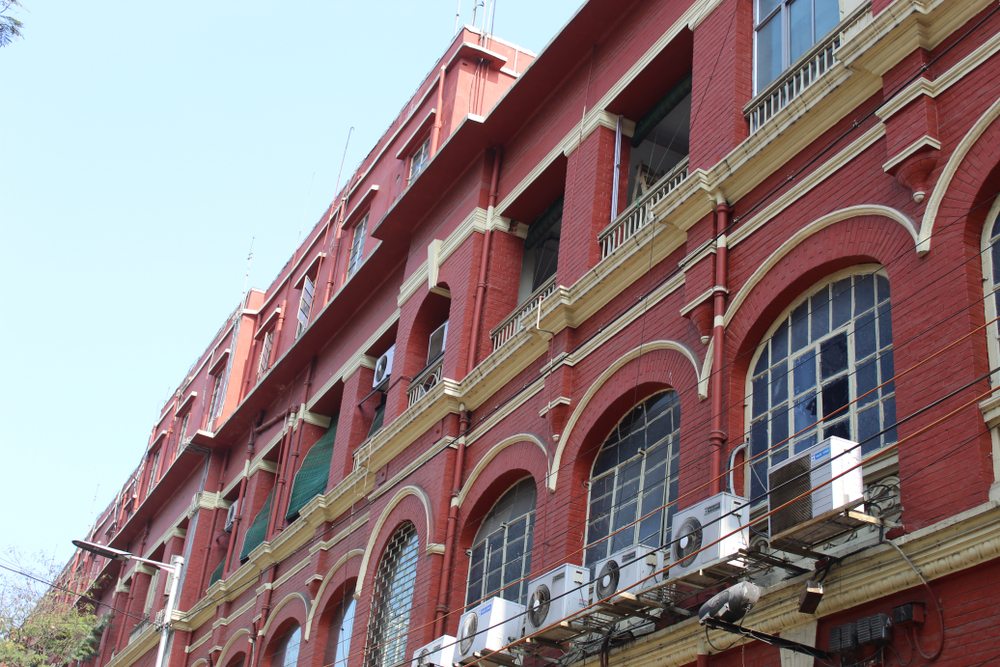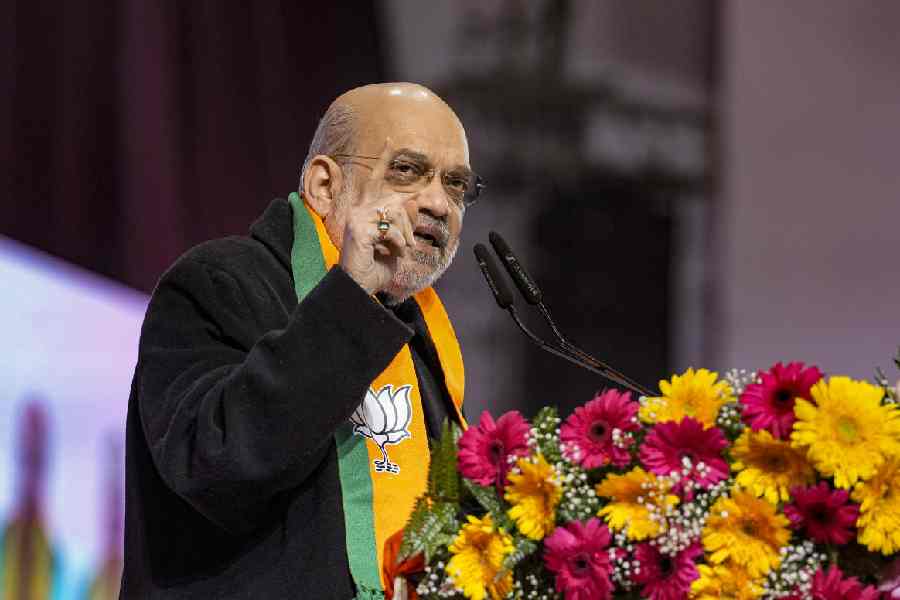The tenure of the Calcutta Municipal Corporation’s board ends on May 7 and there is no provision in law that allows an extension of its tenure or appointment of an administrator to run Bengal’s largest civic body, government officials said.
It means Calcutta could cease to have a mayor and the 144 wards their councillors from May 8. State government officials said that in all likelihood an administrator would be appointed to run the corporation once the tenure of the board lapsed.
Officials said there were two options before the government. It can issue an ordinance amending the Calcutta Municipal Corporation Act 1980 to pave the way for the appointment of an administrator. “An ordinance has to be issued to amend the act because the Assembly is not in session,” an official said.
The other option is to extend the term of the elected board. That would need an amendment to the Constitution.
An official of the government said Article 243-U of the Constitution, which deals with the duration of municipal corporations/municipalities, does not have any provision for extending the tenure of an elected board.
“Article 243-U is unambiguous that the tenure is of five years from the date of its first meeting and ‘no longer’. The words 'no longer' leave no room for interpretation. The duration ends after five years,” the official said.
“In all likelihood an ordinance will be issued to allow the appointment of an administrator.”
State government officials asserted that the lack of an elected board would not affect the functioning of the various departments of the CMC such as health, engineering, solid waste management and water supply.
“The doctors, officials and engineers of the civic body are well equipped to run the system. They have been working for so many years. The state government will obviously have a supervisory role. It should not affect daily services in any way,” a CMC official said.
The tenure of the elected boards of 91 other civic bodies in the state will end around the same time as the CMC.
“These municipal bodies are governed by the West Bengal Municipal Act, which allows the appointment of an administrator,” an official said.
The Howrah Municipal Corporation is being run by an administrator since December 2018. The Howrah Municipal Corporation Act, too, allows the appointment of an administrator.
Caution on sanitisation tunnel
The municipal affairs department of Bengal has cautioned municipal corporations and municipalities on “sanitisation tunnels” at the entrance to various markets and buildings.
The civic bodies must ensure that the chemicals sprayed on people passing through the tunnels are safe for use on humans, the department said in an order issued on Wednesday.
It has also mentioned that sodium hypochlorite solution of any concentration should not be used in the tunnels.
The order asked the civic bodies to ensure that “such tunnels, if used or proposed, only use disinfectants which are certified to be safe on human body”.
Appropriate authorities such as the state pollution control board or the department of health has to certify such disinfectants.
“These chemicals (such as sodium hypochlorite and hydrogen peroxide) are meant to be used as disinfectants on solid surfaces like that of metal. They are not meant to be used on humans,” said Sudarsan Neogi, professor of chemical engineering, petroleum engineering and environmental science at Indian Institute of Technology, Kharagpur.
“They will not be effective on humans and give a false sense of security to those who pass through such tunnels. Sodium hypochlorite can affect the human skin.”











